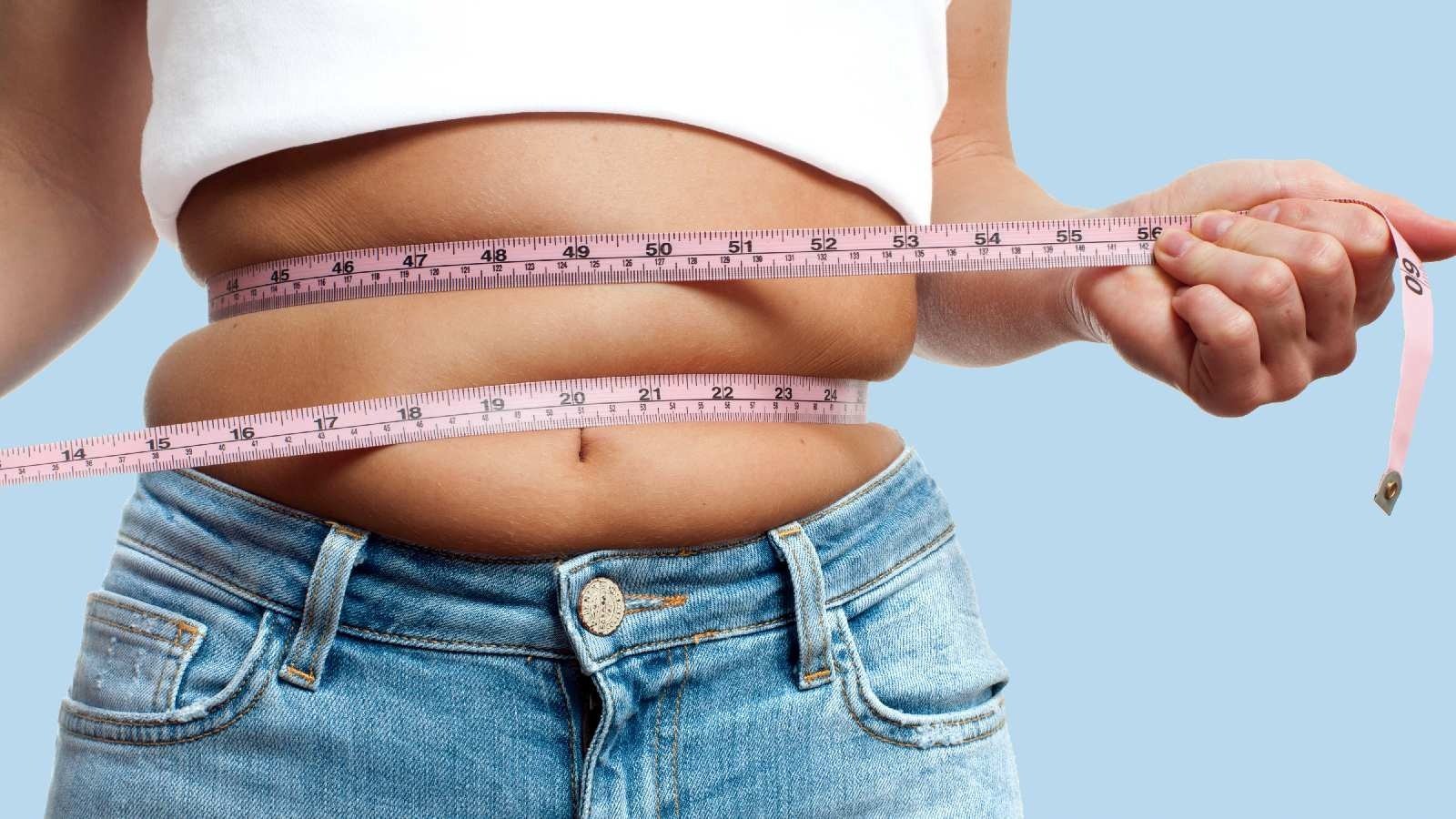Weight loss is the reduction of your overall body weight, which can include losses in muscle, water, and fat.Fat loss, on the other hand, specifically refers to losing weight from fat, and it is a more beneficial and health-oriented goal compared to general weight loss. Differentiating between fat loss and muscle loss can be challenging, especially when relying solely on a regular scale, as it doesn’t provide this distinction.

To better understand your body composition and progress, using a body fat scale or skinfold caliper can offer more accurate measurements of fat and muscle percentages.
Emphasizing fat loss over weight loss is crucial because losing muscle can be detrimental to your overall health. Maintaining a healthy percentage of muscle has various benefits, including regulating blood sugar levels, controlling inflammation, and reducing the risk of chronic diseases like heart disease and diabetes.
To ensure you lose fat and maintain or gain muscle, focus on the following strategies:
- Eat plenty of protein: Consuming enough protein is vital for maintaining existing muscle and supporting muscle growth while losing weight. Protein-rich diets have been shown to promote fat loss and muscle retention during weight loss efforts.
- Exercise regularly: Engaging in a combination of cardio and resistance training can help preserve muscle mass while promoting fat loss.
- Follow a nutrient-dense diet: Reducing calorie intake moderately, while consuming nutrient-dense foods like fruits, vegetables, whole grains, lean proteins, and low-fat dairy, can facilitate fat loss while minimizing muscle loss.
In summary, prioritize fat loss over general weight loss, and focus on maintaining muscle mass through proper nutrition and regular exercise for optimal overall health and wellness.


